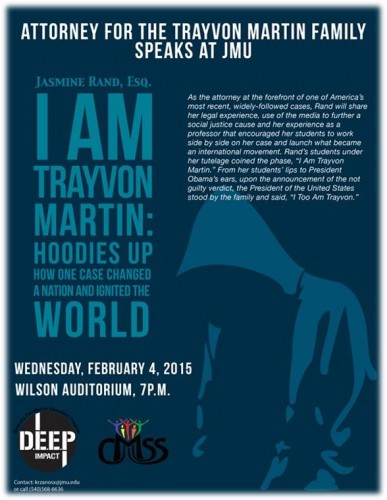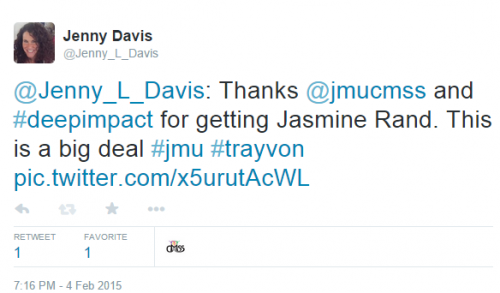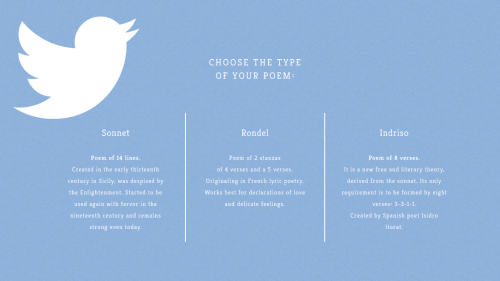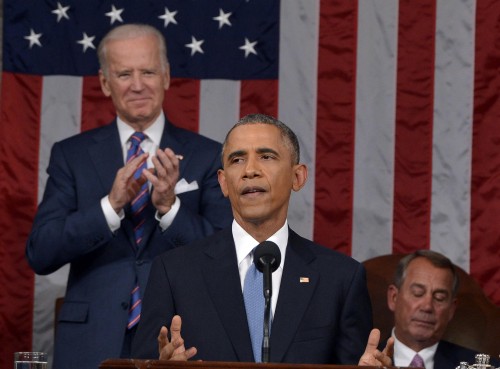
My small city of Troy, New York is drawing up a new comprehensive plan. Lots of towns and even universities do this from time to time as a way of coordinating and re-aligning the institutions and organizations into some kind of general direction. These sorts of moments encourage individuals to be reflective as well as divisive. There’s a lot at stake (or at least it feels that way) and people feel the need to protect what they see as threatened by change, or go on the offensive and try to root out what they see as a long-standing problem. More than anything, these sorts of comprehensive planning efforts force us to confront our everyday lives as a set of conditions and decisions that exist outside of our control but are ultimately steerable if enough political will can be leveraged, if enough organizing around a particular issue gets done. Last night, a wide variety of people came together to discuss what they thought was working and what was needed attention in our city. more...










